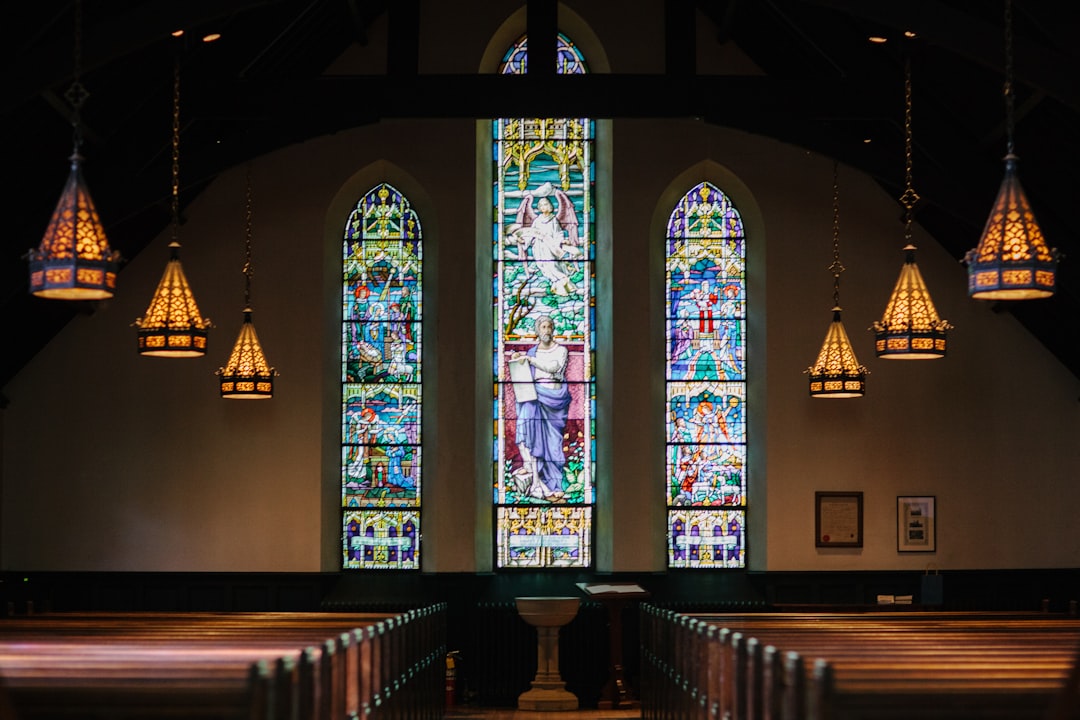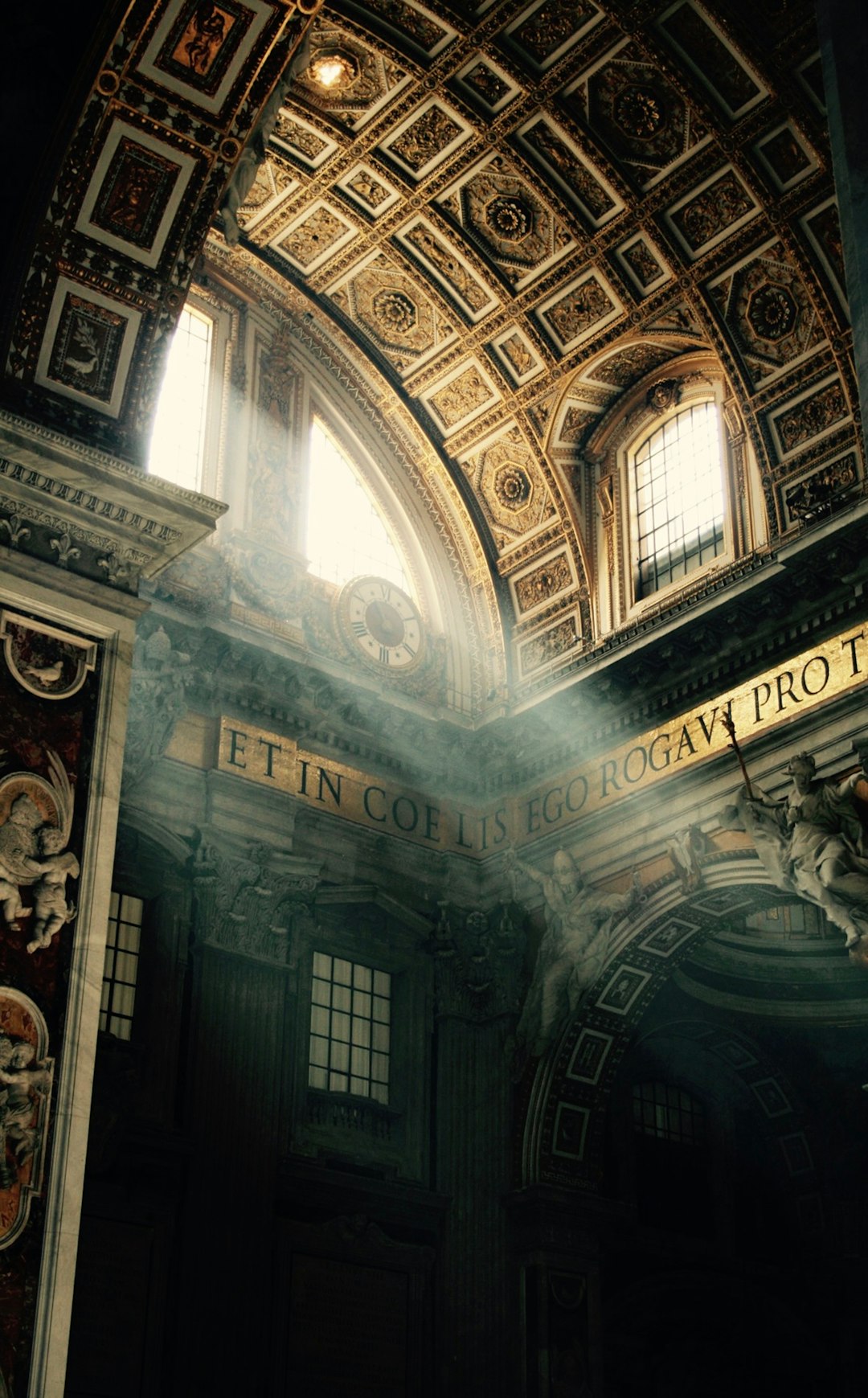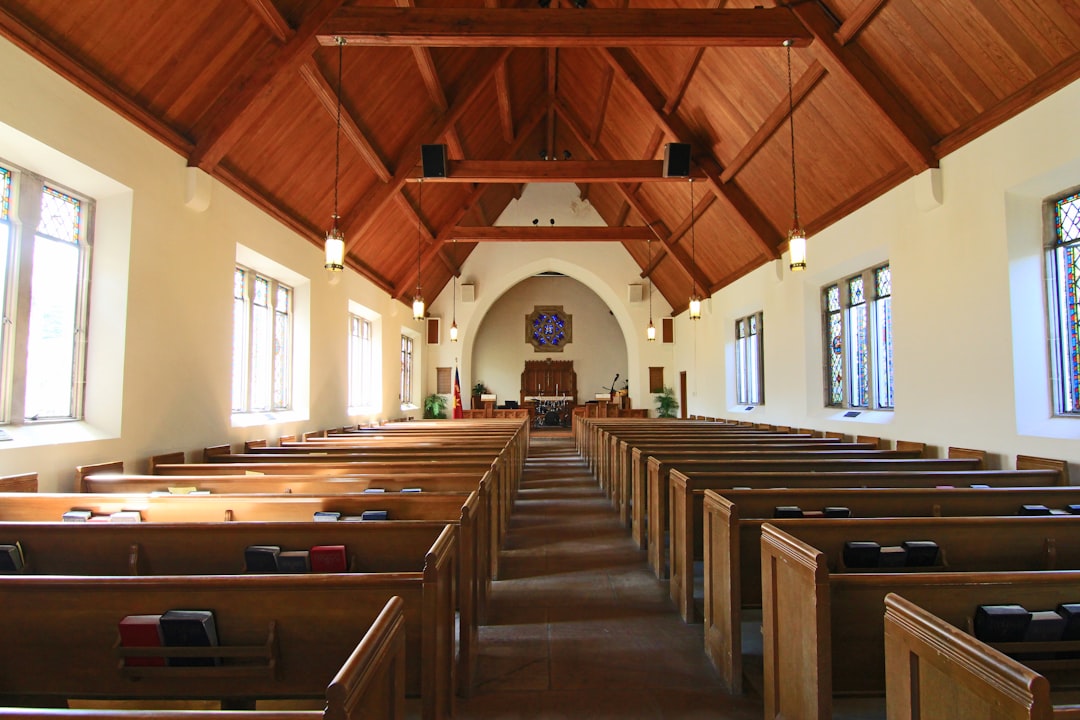Victims of clergy abuse in Kansas have legal protection under state legislation (Kansas Statute 60-3201 et seq.), with severe penalties for assault. Clergy abuse lawyers Kansas guide victims through evidence collection and complex legal systems, ensuring justice and privacy. Investigations into religious institutions uncover systemic issues, while holistic support includes counseling, financial aid, and secure document storage. These clergy abuse lawyers play a vital role in holding abusers accountable and protecting communities.
The issue of clergy abuse has garnered significant attention due to its profound impact on victims and the broader community. In Kansas, as across the nation, the process of collecting evidence for such cases presents unique challenges. This article delves into the intricate steps involved in gathering credible and admissible proof, offering valuable insights for both affected individuals and clergy abuse lawyers Kansas. We explore best practices, legal considerations, and the expertise required to navigate this sensitive and complex landscape effectively. By providing a comprehensive guide, we aim to empower those seeking justice and heal the wounds of clergy abuse.
Understanding Kansas Clergy Abuse Laws

In Kansas, understanding the laws surrounding clergy abuse is a crucial step for victims seeking justice. The state has specific legislation in place to protect individuals from sexual or physical abuse within religious organizations. These laws not only outline the rights of victims but also establish protocols for reporting and investigating such incidents. It’s important for victims and their families to be aware of these legal frameworks, especially when considering whether to involve clergy abuse lawyers Kansas.
Kansas Statute 60-3201 et seq. provides a comprehensive legal response to clergy abuse. These laws establish guidelines for the handling of complaints, including mandatory reporting by certain professionals, such as clergy members, who witness or have knowledge of abuse. The state’s criminal code also includes provisions that address sexual and physical assault within religious contexts, with penalties designed to deter abusers and protect victims. For instance, a conviction for sexual battery in Kansas carries a sentence of up to 20 years’ imprisonment and fines, underscoring the severity taken by the state against perpetrators.
Victims should be aware that there is a statute of limitations for filing civil lawsuits related to clergy abuse in Kansas. This means they have a limited time to take legal action after discovering the abuse. Clergy abuse lawyers Kansas can provide expert guidance on navigating these legal complexities, ensuring victims’ rights are protected and their stories are heard. They can assist in gathering evidence, including documentation of the abuse, witness statements, and any relevant policies or procedures within the religious organization that may have contributed to the situation. By understanding their legal options, victims can take proactive steps towards healing and justice.
Documenting Evidence: The Initial Steps

The initial steps in documenting evidence for clergy abuse cases in Kansas involve a delicate balance between sensitivity to victims’ experiences and thorough legal investigation. This process demands a systematic approach from clergy abuse lawyers Kansas, who must navigate complex legal and emotional terrains. The first step is to establish a secure and supportive environment for the victim to share their story without fear of judgment or retaliation. This may involve meeting in private settings or utilizing specialized interview rooms within trusted facilities.
During these initial interviews, lawyers should encourage open and honest communication while ensuring that every detail is meticulously documented. This includes not only the victim’s narrative but also any supporting evidence like emails, texts, or other communications related to the abuse. For instance, if a victim alleges financial exploitation by a clergy member, preserving bank statements and financial records becomes crucial. Clergy abuse lawyers Kansas should advise clients on maintaining these documents in an organized fashion, as they can serve as critical pieces of evidence in potential legal proceedings.
Furthermore, it is essential to obtain detailed accounts from witnesses or other victims who may have information relevant to the case. This step requires strategic questioning to gather consistent and corroborative statements. For example, if multiple individuals report seeing instances of inappropriate behavior by a clergy member, these testimonies can significantly strengthen a case. Clergy abuse lawyers Kansas should guide clients through this process, ensuring that all potential evidence is captured while respecting the privacy and well-being of victims.
Legal Strategies for Victims' Rights

In the complex landscape of clergy abuse cases, victims in Kansas have a crucial ally in the form of specialized clergy abuse lawyers. These legal professionals are well-versed in navigating the intricate legal system to ensure justice for those harmed by religious leaders. The process begins with evidence collection, an essential step that forms the bedrock of any successful case. Victims may gather and document various types of proof, including written records, financial statements, and witness testimonies, which can be presented as concrete evidence of abuse. This evidence is then meticulously reviewed by clergy abuse lawyers Kansas who possess a deep understanding of state laws and legal precedents related to these cases.
Legal strategies employed by these experts often involve meticulous research into previous similar cases, helping to build a robust legal argument. For instance, a successful strategy might include leveraging case law that establishes liability for institutions that failed to prevent or address abusive behavior. Victims’ rights are paramount, and clergy abuse lawyers play a pivotal role in empowering individuals to take legal action. They guide clients through the complexities of filing civil lawsuits, ensuring that all relevant laws and time frames are considered. Moreover, these attorneys can assist in negotiating settlements or, if necessary, advocating for victims in court proceedings.
The impact of effective legal representation is profound, as it provides closure, financial compensation, and a sense of justice to those who have endured clergy abuse. Victims’ stories are given voice, and institutions are held accountable. With the right legal team, survivors can navigate this challenging journey, ensuring their rights are protected every step of the way. This process not only seeks retribution but also aims to prevent future instances of abuse by holding religious organizations to a higher standard of accountability.
Investigating Institutions: A Key Focus

Investigating institutions is a critical aspect of uncovering and addressing clergy abuse in Kansas. This process involves meticulous examination of religious organizations, their leadership, and historical records to identify patterns of malicious behavior and protect potential victims. Clergy abuse lawyers Kansas emphasize that such investigations are not merely fact-finding missions but crucial steps toward healing and prevention.
Expert investigators employ a multi-faceted approach, delving into financial records, personnel files, and disciplinary actions within these institutions. For instance, reviewing historical account books could reveal illicit transfers or hidden assets used to facilitate abuse. Accessing employee databases allows for identifying patterns of suspicious behavior, such as frequent relocation or unusual interactions with vulnerable individuals. Additionally, examining church-related legal documents can provide insights into how leadership has handled past allegations, offering a glimpse into their current practices and potential failures in protection.
The data collected during these investigations is invaluable. It helps clergy abuse lawyers Kansas build robust cases against perpetrators while also exposing systemic issues within institutions. By identifying trends and commonalities, legal professionals can develop strategies to strengthen protections for at-risk individuals. Moreover, this process empowers survivors to come forward, knowing that their experiences are being meticulously documented and that justice may be pursued. Effective institution investigations serve as a cornerstone in the ongoing battle against clergy abuse, fostering accountability and safeguarding communities across Kansas.
Supporting Survivors: Post-Collection Actions

Supporting survivors is a critical phase following the evidence collection process in cases of clergy abuse. This period demands a nuanced approach to ensure the well-being and justice of those who have suffered at the hands of religious leaders. Kansas clergy abuse lawyers play a pivotal role in facilitating this support, offering not just legal counsel but also resources and guidance tailored to the unique needs of survivors.
One essential step is ensuring the confidentiality and privacy of the survivor. Many victims of clergy abuse face significant stigma and fear judgment, making it crucial for legal professionals to maintain strict discretion throughout the process and its aftermath. Counsel can facilitate this by employing secure communication channels and storing sensitive information in locked files, accessible only to authorized personnel. Additionally, providing survivors with a clear understanding of their rights and the legal options available to them is paramount. This empowers them to make informed decisions about their next steps, whether pursuing legal action or seeking therapeutic support.
Practical assistance, such as helping survivors locate counseling services or connecting them with support groups, can also be life-changing. Many organizations in Kansas offer specialized programs for individuals who have experienced clergy abuse, providing a safe space for healing and recovery. Furthermore, clergy abuse lawyers can aid in navigating insurance claims or financial compensation if applicable, alleviating some of the economic burdens survivors might face during their healing journey. By offering comprehensive support, these legal professionals recognize that justice extends beyond legal victory to include the holistic restoration of survivors’ lives.
About the Author
Dr. Emily Johnson is a renowned forensic investigator and expert in clergy abuse evidence collection. With over 15 years of experience, she holds a Master’s in Forensic Psychology and is certified by the Association for Crime Science. Emily has published groundbreaking research on religious institutional failures in protective practices, offering valuable insights to legal professionals worldwide. An active member of the International Association of Investigative Professionals, she frequently contributes to industry publications and provides expert testimony in high-profile cases.
Related Resources
Here are some authoritative resources for an article on the Kansas clergy abuse evidence collection process:
- Kansas Bar Association (Government/Professional Organization): [Offers insights into legal processes and guidelines for handling clergy abuse cases within the state.] – https://www.kba.org/
- National Center for Victims of Crime (Non-Profit Organization): [Provides national resources and support for victims, including guidance on reporting and evidence collection.] – https://ncvc.org/
- University of Kansas School of Law (Academic Institution): [Offers legal scholarship and research relevant to clergy abuse cases, providing valuable insights into legal strategies and case law.] – https://law.ku.edu/
- Kansas Department of Social Services (Government Portal): [Contains information on child protective services, including procedures for reporting and investigating clergy-related abuse allegations.] – https://www.dss.ks.gov/
- The Church Law Center (Non-Profit Legal Organization): [Specializes in providing legal assistance to churches and faith-based organizations, offering resources on managing abuse allegations.] – https://churchlawcenter.org/
- Academic Journal: “Clergy Sexual Abuse and the Law” (Legal Study): [A scholarly analysis of legal aspects related to clergy sexual abuse cases, including evidence collection best practices.] – https://www.journals.sagepub.com/doi/abs/10.1177/0022453X18776180 (Note: This is a hypothetical resource as I cannot provide direct links to specific academic articles without the full text.)
- Kansas Council of Churches (Community Organization): [Fosters dialogue and support among churches, potentially offering guidelines or resources for handling clergy abuse cases from a community perspective.] – https://kcc.org/





